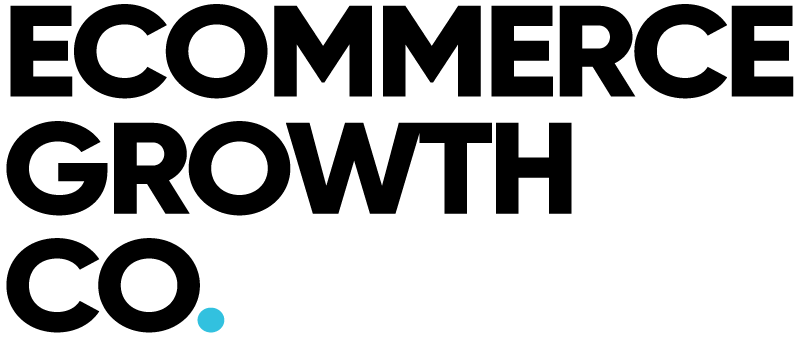There’s a time when all businesses are equal. The multi-national corporations. The disruptors. The startups. The one-man bands. At some stage each of those businesses was an idea. An idea waiting to happen.
We all have dozens upon dozens of ideas for new ventures. New initiatives. Most are rejected. Very few make it to market. Belief is the difference. The difference between an idea and an action.
It’s an individual’s own belief that takes an idea to market. Crossing the line from idea to action. It’s their belief that what they’re doing, whether for personal gain or to make the world a better place, needs to be done.
- The local accountant setup his business because he believed he had a skill that his competitors lacked.
- The local retailer setup her shop because she believed the products she chose to stock would be of interest to those in her village.
- The founders of the software company believed that their technology would assist in opening up new ideas in the minds of their subscribers.
What’s ordinary?
The vast majority of businesses lose touch with that initial spark, that belief that took the business from idea to reality. For some, it’s confined to the history books. For most, it displays a vulnerability. It displays a human quality that is well hidden, often masked, from their audience. It’s outside of their comfort zone.
They use generic context to outline their own agenda. An agenda shared with their competitors. A common agenda of ‘we supply, you receive’. The only way to win the race to reach their audience is by being seen and spending big.
What’s less ordinary?
A brand less ordinary will value and share that belief with their followers, their customers, their cohorts. It’s the spark that ignited the flame. It’s central to the continuing story of brand as well as business development.
Take Google. Their beliefs, dating back to the early years, are shared for all to see:
- Focus on the user and all else will follow.
- It’s best to do one thing really, really well.
- Fast is better than slow.
- Democracy on the web works.
- You don’t need to be at your desk to need an answer.
- You can make money without doing evil.
- There’s always more information out there.
- The need for information crosses all borders.
- You can be serious without a suit.
- Great just isn’t good enough.
You don’t have to study Google to see each of those beliefs in action everyday.
Why it’s the perfect time to revisit belief
Your business agenda is built upon belief. It can sound cheesy. It can feel corny. Some businesses will flat out refuse to consider how important their own beliefs are. They’ll tell you that what matters is making money.
For those businesses, just like Google, there’s a clear understanding of what they stand for. What they represent.
For those brands, less ordinary, now is a perfect time to revisit belief. What it is that helped take that one idea that led to the business you see around you today. I talked about developing a Content Manifesto a few weeks back. Your belief sits central to that document delivery.
Rekindle that spark.
You represent something. Share it. Your colleagues, your customers, your cohorts are all in this together.
